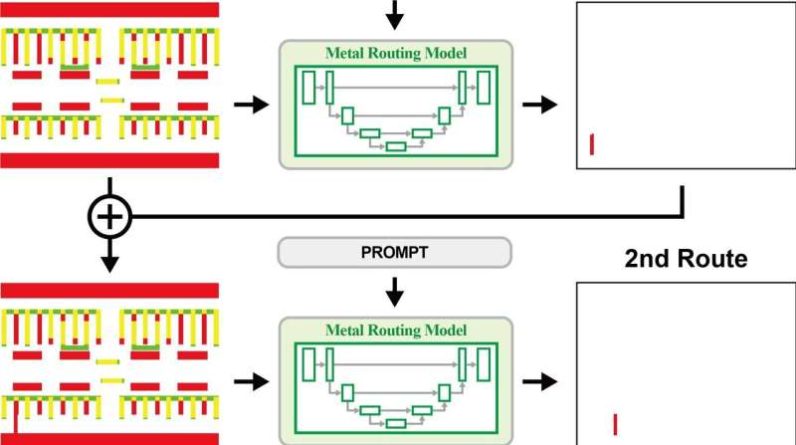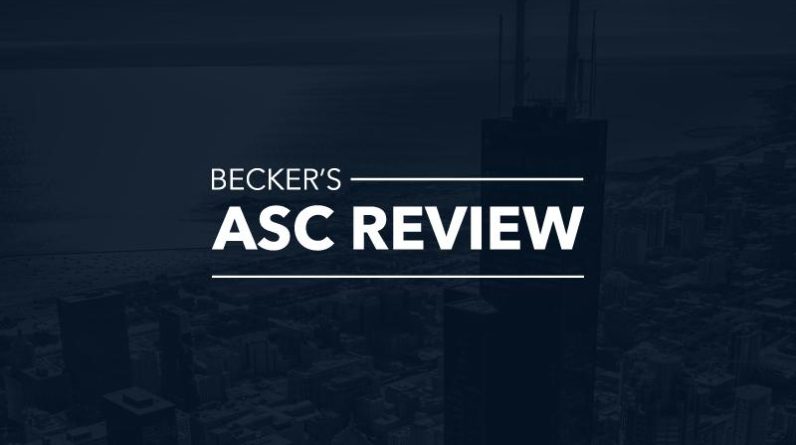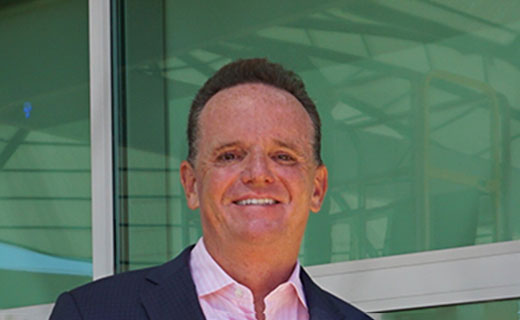
For decades, the promise of workplace automation revolved around one simple idea: machines would handle the repetitive tasks so humans could focus on higher-value work. But as artificial intelligence continues to evolve, that narrative is shifting.
Today we’re seeing the emergence of a new innovation, agentic AI, where intelligent digital agents automate and also actively assist, adapt and collaborate with people.
This is a move from automation to augmentation. At the heart of this evolution is the idea of digital labour, AI-powered agents that work alongside human employees to support better decision-making and enhance productivity and help shape the employee experience in profound new ways.
What is agentic AI?
Unlike traditional automation tools that are rules-based and task-specific, agentic AI involves autonomous agents that can reason, learn and take action on behalf of a user or a system. These agents are not only executing pre-programmed steps, but are context-aware, goal-driven and able to make decisions in dynamic environments.
In Workday’s ecosystem, these intelligent agents are being developed to operate within real enterprise workflows. For example, the Recruitment Agent is a first step towards this agentic future. Instead of manually configuring talent requisitions or searching for candidates, the agent can proactively recommend job descriptions, screen applicants and even identify internal talent who may be a match, freeing up HR teams to focus on relationship-building and strategic planning.
It’s about helping people do more, with more clarity and less friction.
Digital labour: more than a buzzword
“Digital labour” refers to the collection of intelligent agents embedded in enterprise platforms, not as standalone bots but as trusted co-workers. These agents aren’t meant to replace humans but to extend their capabilities, especially in environments where complexity, speed and scale are critical.
This concept has practical resonance in South Africa, where companies often operate under resource constraints and navigate skills shortages. An HR business partner can work hand in hand with a digital agent to plan succession paths, analyse workforce trends or even build business cases for reskilling initiatives without spending days gathering data.
Think of it as a copilot. It’s sitting there with you, understanding what you’re trying to do and bringing in the right insights at the right time.
Impact on productivity and decision-making
With AI agents embedded across finance, HR and operational workflows, decisions that once took days can now be made in minutes. For instance, a finance leader reviewing quarterly performance can instantly ask the system for context: “Why are our margins down in the Western Cape region?” Instead of waiting for a report, the AI surfaces the insights in real time, along with suggested actions or historical comparisons.
This fusion of human judgment and machine intelligence speed things up and improves the quality of decisions. By augmenting human intuition with data-driven insights, entities can respond faster, with greater confidence and agility.
 Rethinking organisational structures
Rethinking organisational structures
As digital labour becomes more prevalent, it raises bigger questions about how organisations are structured. Who owns the output of an AI agent? How do performance metrics evolve when part of your team is non-human? How do you ensure AI doesn’t reinforce bias or exclude voices?
These aren’t hypothetical challenges, they’re strategic design questions Workday is actively exploring.
Workday is building agentic AI with governance and explainability in mind. Every agent has clear boundaries, auditable decision trails and mechanisms for human override. Customers need to be able to trust not just what the AI does, but how it does it.
A cultural shift
One of the most compelling aspects of Workday’s vision is that it doesn’t treat AI as a magic bullet. Instead, it positions AI as part of a cultural evolution towards augmented work, where machines handle the mechanics and humans bring context, empathy and creativity.
This is particularly important in South Africa, where work is deeply tied to identity, purpose and social mobility. Any narrative that frames AI as replacing humans is likely to encounter resistance. But if AI is framed as an enabler, helping workers succeed, uncover new career paths and focus on meaningful work, it becomes an opportunity, not a threat.
In Workday’s vision, people are always at the centre. The company stresses that AI is there to serve people, not the other way around.
Beyond the hype: a road map to maturity
While much of the tech world is still caught up in the hype cycle of generative AI, Workday is quietly charting a more grounded, enterprise-focused course. Its road map includes not just one-off agents, but a platform architecture that supports explainability, compliance and continuous learning at scale.
This long-term thinking positions the company as a partner to South African enterprises not just in adopting AI, but in managing the transformation responsibly. The emphasis is on trust, transparency and outcomes that matter, not flashy demos.
The future of work is now
The future of work isn’t a competition between man and machine; it is about the two working together, each bringing their strengths to the table. With agentic AI, the workplace can become more intelligent, adaptive and humane.
Workday is not just building technology, it is helping entities imagine a new way of working, where people feel empowered, supported and seen.
For South African businesses navigating economic pressures, talent scarcity and digital transformation, that vision offers more than efficiency. It offers hope.
Don’t miss:
TCS+ | AI is more than hype: Workday execs unpack real human impact





